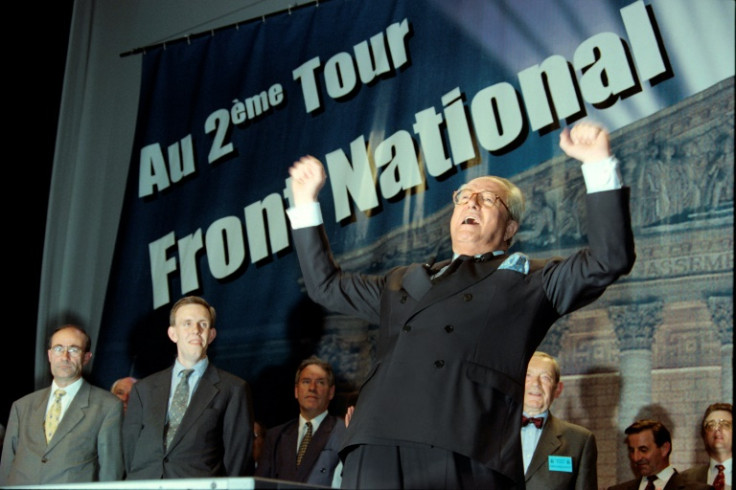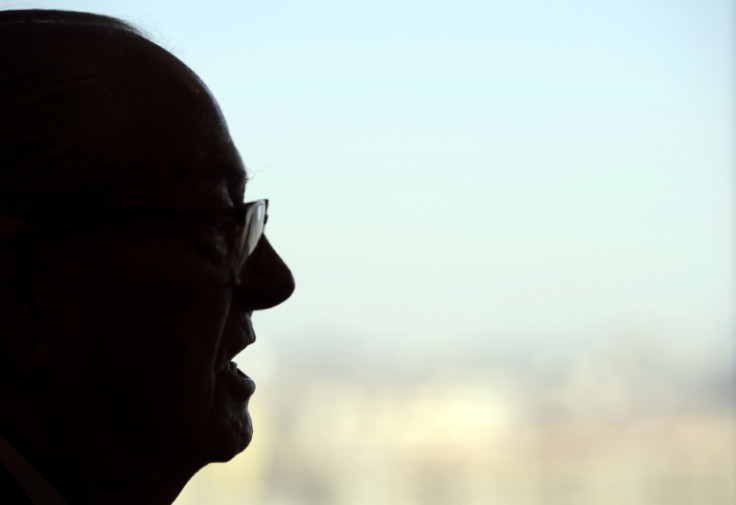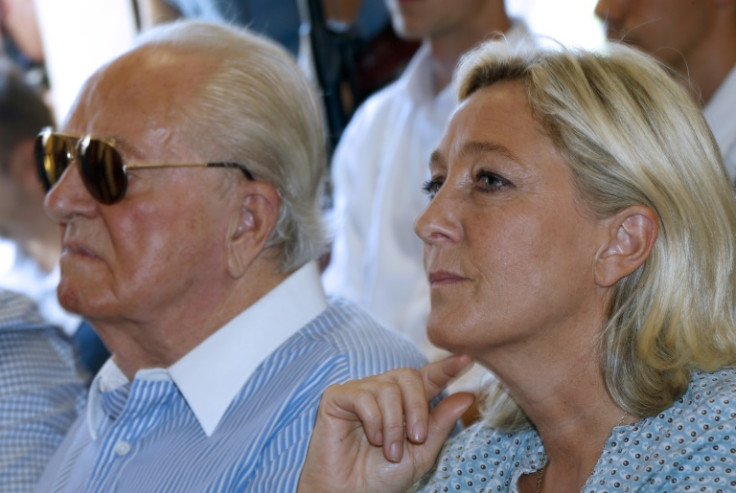
Jean-Marie Le Pen, an extreme right-winger who haunted the French political establishment for decades, died on Tuesday aged 96, dividing opinion until the end.
While the left decried him as a "fascist", many admitted he had succeeded in moving France's political dial to the right.
Under his leadership the National Front party, which he co-founded with former Waffen-SS members and neo-Nazi sympathisers, defended a staunchly anti-immigration agenda, with many accusing him of being a xenophobe, racist and anti-Semite.
He once dismissed the Holocaust as a "detail" of history.
Le Pen, who had been in a care home for several weeks, died at midday (1100 GMT) Tuesday "surrounded by his loved ones", his family said in a statement to AFP.
His daughter Marine, who sparked a family feud by kicking him out of his own party, was on a plane from the cyclone-hit French archipelago of Mayotte when his death was announced.
Le Pen's views often sparked massive rejection, even disgust, among mainstream parties, but his electoral success was undeniable.
In 2002, he created a huge surprise when he made it to the second-round of the presidential election, having seen off the Socialist favourite Lionel Jospin before losing to conservative Jacques Chirac.
Marine Le Pen took the party's leadership in 2011 and pushed her father out four years later, seeking to distance her movement from his extremist reputation.
The revamped party, since renamed National Rally (RN), has had significant electoral successes.
It clocked up strong gains in last year's European Parliament elections, and became the largest single party in a subsequent general election in France, but was not invited to join government.
Jordan Bardella, RN party chief and the right-hand man of Marine Le Pen, said in a carefully-worded tribute Tuesday that Jean-Marie Le Pen had "always served France and defended its identity and sovereignty", calling him "a tribune of the people".
On the hard left, the leader of the LFI party Jean-Luc Melenchon said that with Le Pen's death "the fight against the man is over", though "the fight against the hatred, the racism, the Islamophobia and anti-Semitism that he spread carries on."
Francois Ruffin, a left-wing member of parliament, meanwhile called Le Pen "a fascist from another era who is now gone" but who had left behind "his heirs, who are very much here".
The office of President Emmanuel Macron said drily that "history will judge" Le Pen's role in France.
"The president sends his condolences to his family," it added in a statement. There was no reaction so far from Macron in person.
Prime Minister Francois Bayrou said that anybody who had fought against Le Pen in politics had found out "what a fighter he was".
Interior Minister Bruno Retailleau, a hardline right-winger, said that "whatever one's opinion of Jean-Marie Le Pen may be, there can be no doubt that he made a mark on his times."
He added: "A page in French political history has been turned."
French daily Liberation said that Le Pen had "turned his name and his family into a political empire" and "managed to force his racist, xenophobic and nationalist identity ideas into the heart of the political debate".
The Le Monde newspaper said that Le Pen had "embraced all of the ups and downs of French extreme-right history" throughout his career.
Daily La Croix called him "the man who caused the extreme right to take root in France".
There has so far been no reaction from Marine Le Pen herself.
Jean-Marie Le Pen withdrew progressively from politics after his daughter took the party's leadership, and had battled with health problems in recent months.
Last June, before he was supposed to stand trial with others over an alleged fake-jobs scheme at the European Parliament, a medical report said there had been such "a profound deterioration" of his health and that he was unable to attend.
He was hospitalised in November, and then moved to a care facility near his home in a western suburb of Paris.









